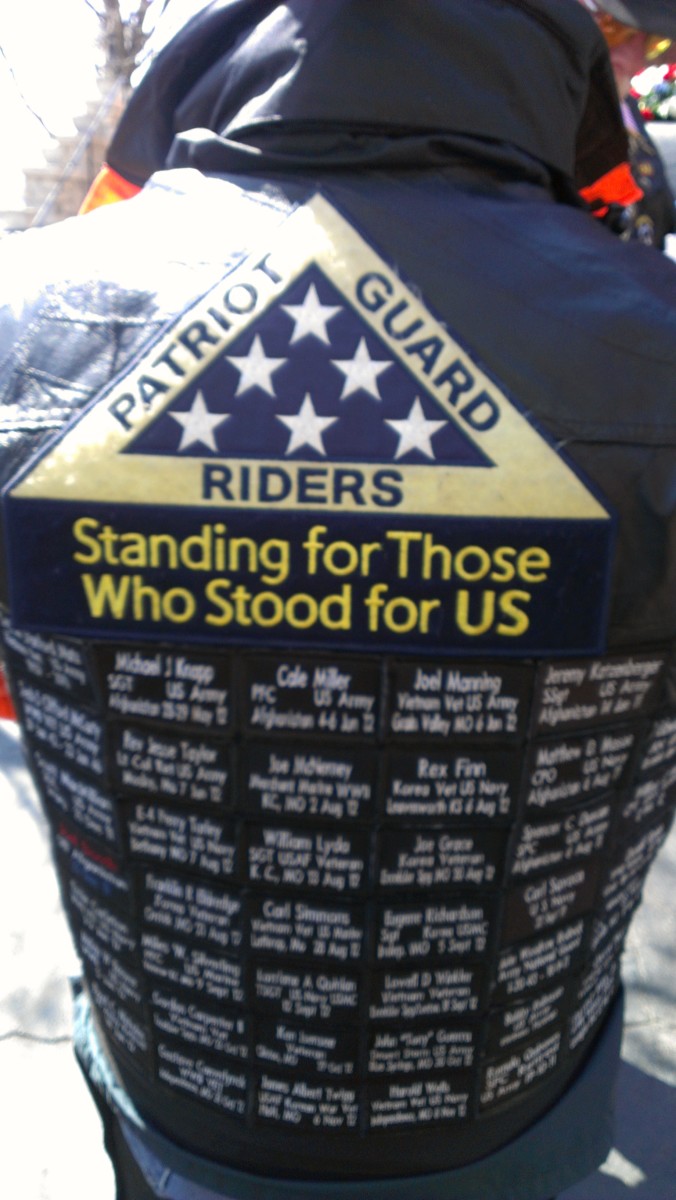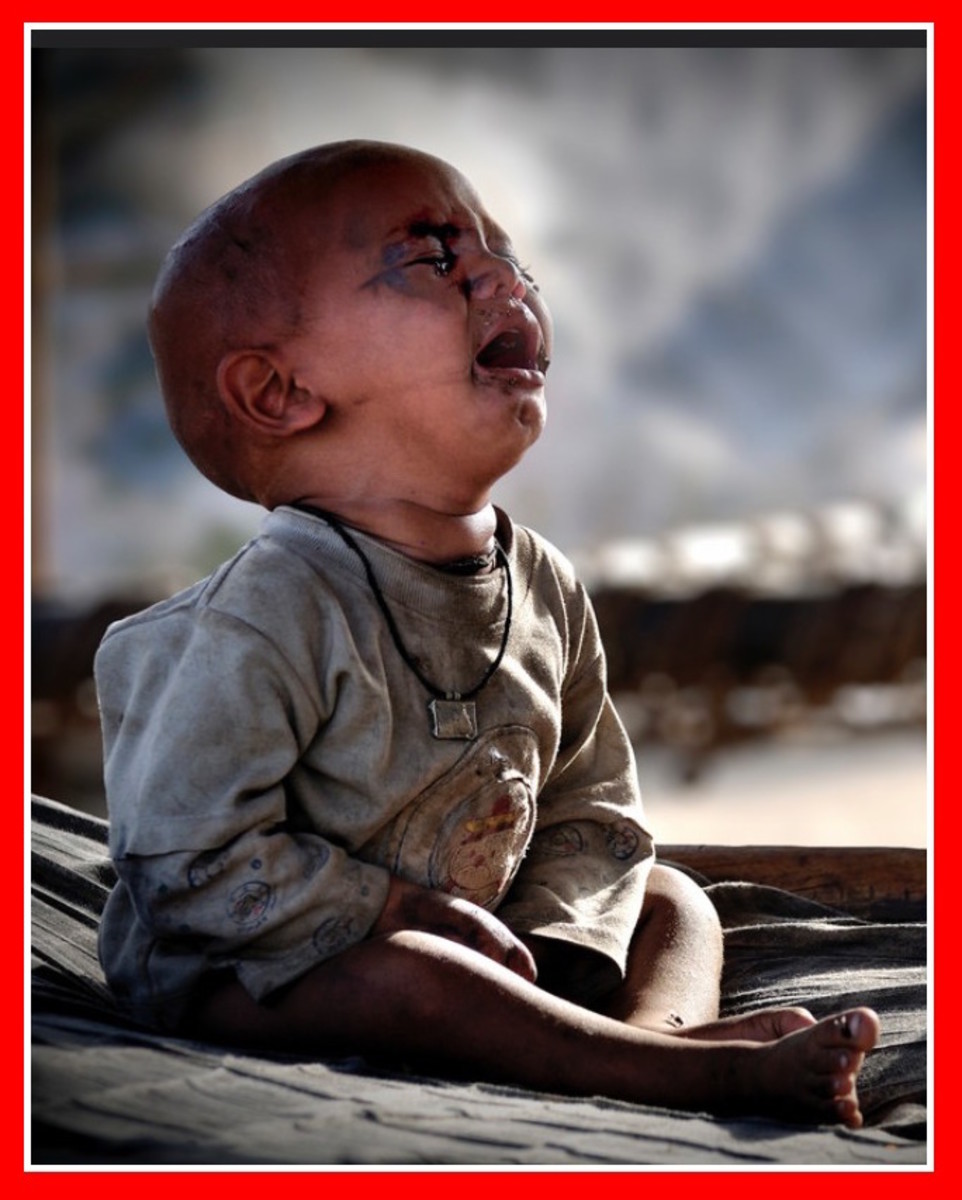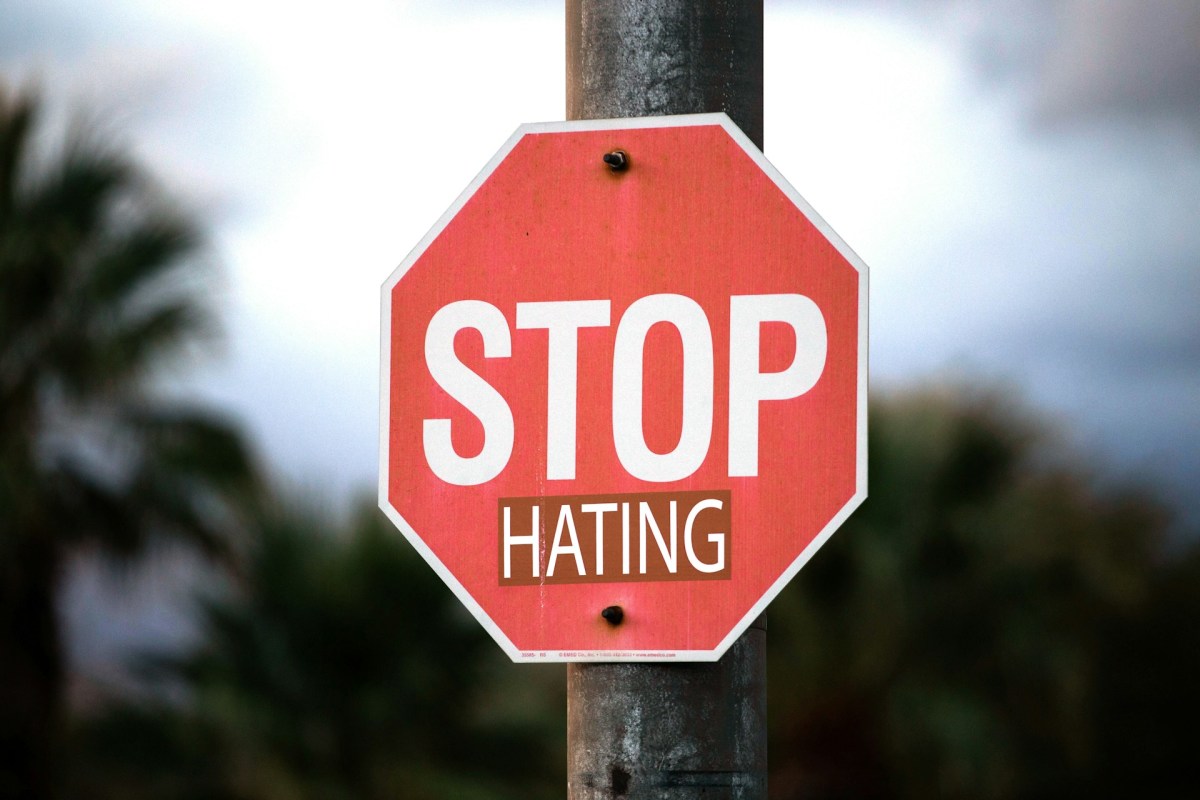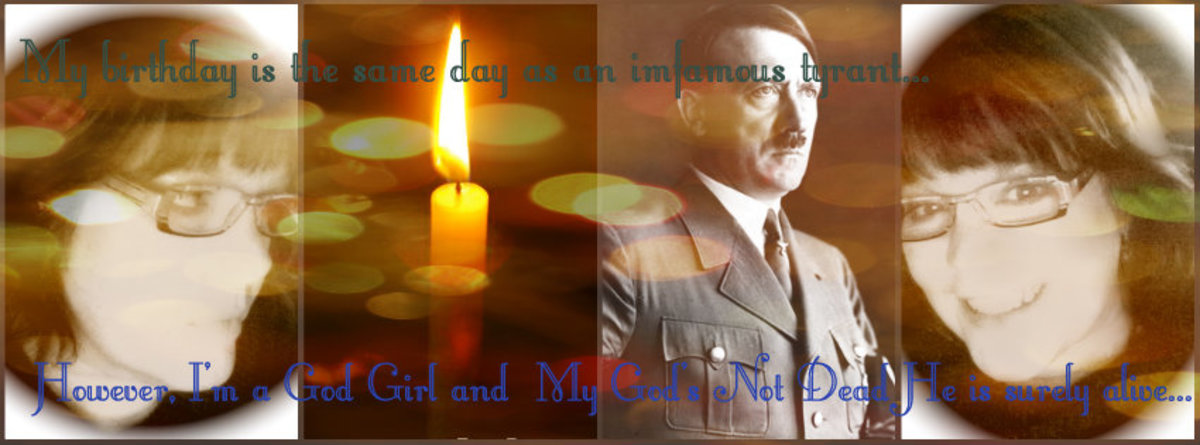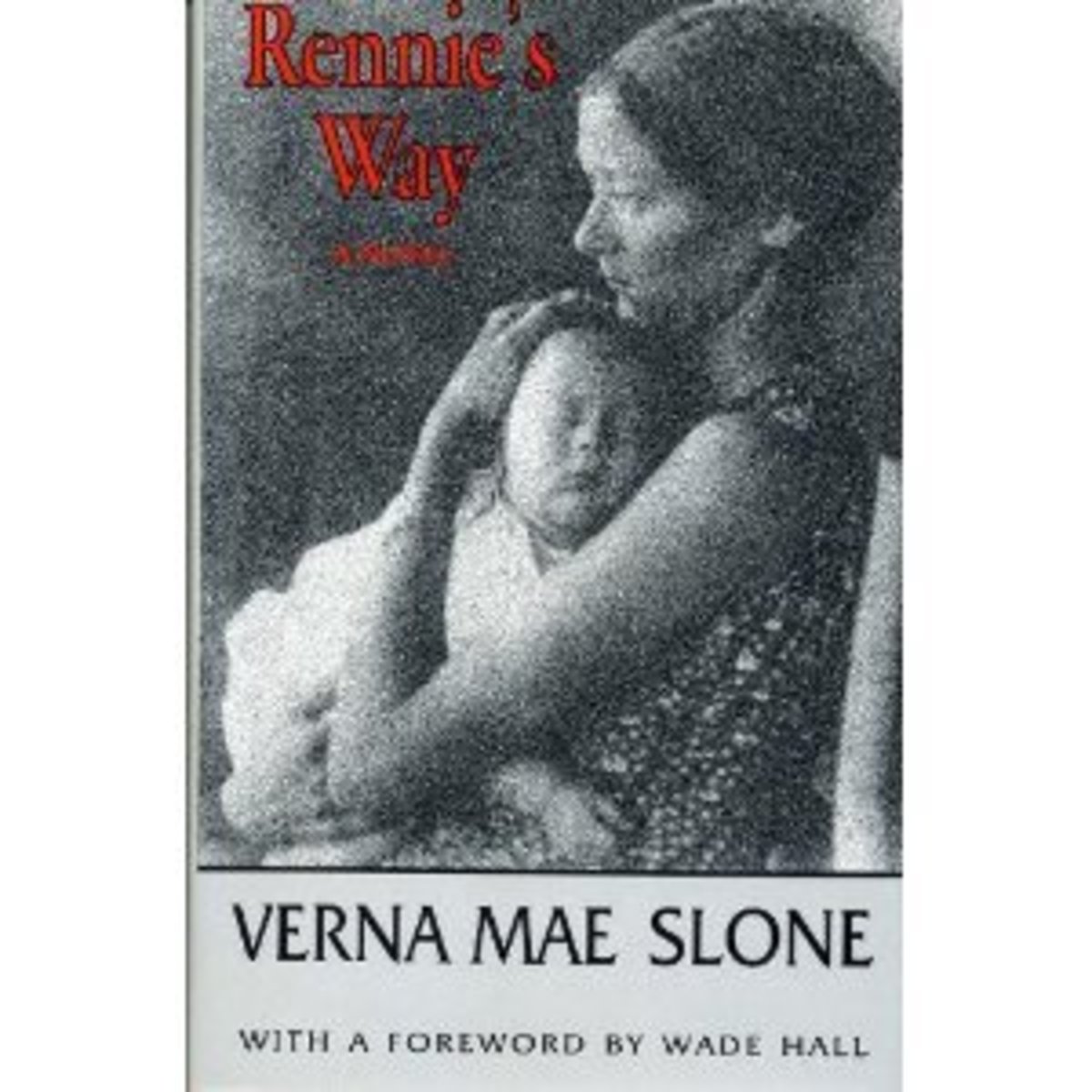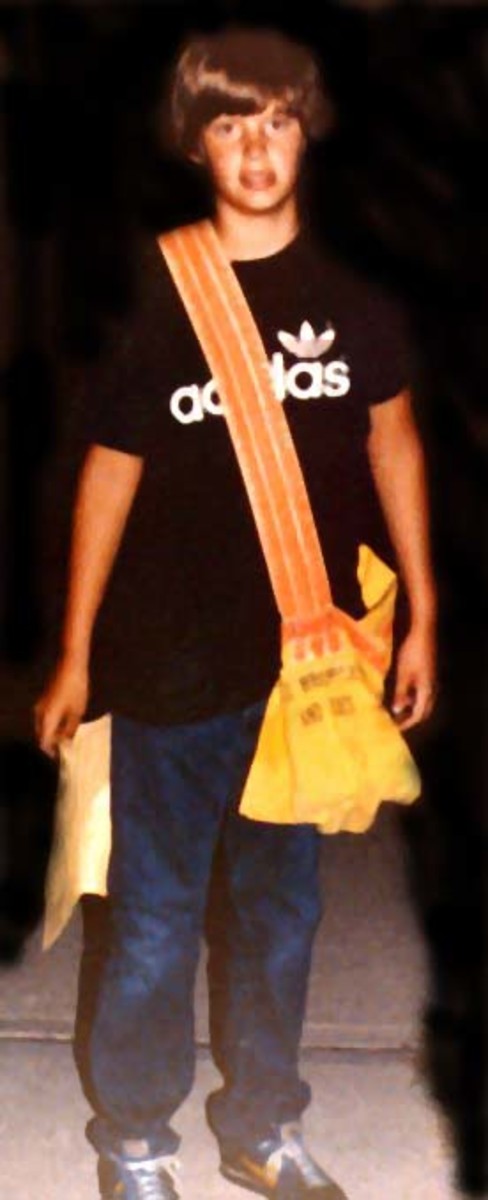Hate Speech is a Problem. But So is Our Reaction to it
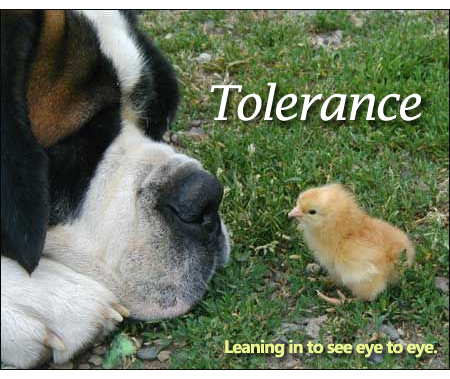
Remember those horrible Westboro Baptist Church people, who paraded on a disgusting show of hate against troops overseas? And how they picketed the funeral of fallen soldier Mathew Shepard, thus causing much distress to his family? The signs they held up so proudly do not really need repeating. To do so would be to spread their message of virulent hate. Fred Phelps and his brood, you see, hate just about everyone on earth, except for themselves.
Recently, however, another, quieter, story got my attention when I read the Washington Post this weekend (there is a link at the bottom of the page). T.J. Leydon is an activist fighting on the front lines against hate. He was also, once upon a time, a skinhead. For 15 years, Leydon, was part of a white supremacist gang that voiced intolerance for, and violence against, those unlike them. And, in to hear Leydon tell it, it was a long, hard climb out of those insane, twisted years.
I was at first skeptical of Leydon's intentions. It was too soon, far too soon for comfort, since Wade Michael Page had murdered six people at a Sikh temple, for such a story to be told. It at first seemed, to me, to be a plea for forgiveness. As I read on, I found that Leydon's piece was actually an explanation. It was an explanation for why he joined a group of hate, and for why anyone does. It was an explanation of what, exactly, fuels the hate behind white supremacist groups. Or, for that matter, any hate group.
Leydon turned against the men and women whom he had followed for fifteen years, and is now seeking to undo the damage he has helped cause. To date, he has pulled 86 kids away from the white supremacist lifestyle.
Leydon's quiet words, and his story, of how he fell into, and climbed back out of, a world of madness, is much more powerful than the shrieking of Westboro church members. If you need another example, consider this; Adolf Hitler spent 12 years attempting to annihilate Jews, Poles, Slavs and anyone else that he held a personal hatred for. Ann Frank spent many of those years hidden away in a small house, writing in her diary, hoping for an end to war. At the end of the day, who was the better person?
Our response to hatred is often shock, and it should be. It is a truly frightening prospect that the number of hate groups in the United States is growing. The internet has done many good things for us, but it has also provided a platform for racist organizations of all sorts to spread their tentacles to vulnerable youngsters. That is just one problem. The other is how the News media reacts to hate-crimes or protests. Instead of presenting the would be "race warriors" a resounding wall of indifference, the News Media gives these loonies a front headline in the paper, a lead story in the news. They follow the group for days, until interest finally wanes.
Far from sending haters the message that they are not wanted in respectable society, this attention encourages them to howl all the louder. Hate speech is a problem. But so is our reaction to it.

